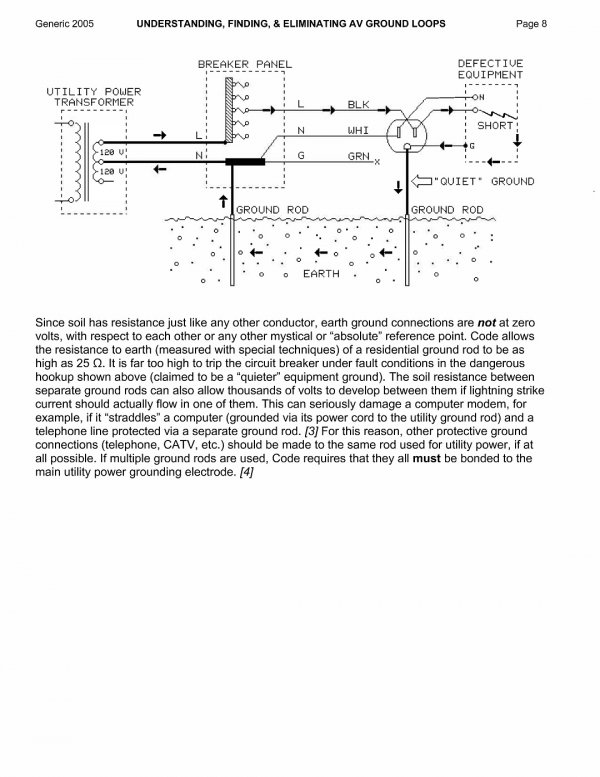Here is a fun trick with your Entec. Pull the receptacle out of the box as far as it will pull out with the wires attached. Put the Entec as far into the box as possible, then draw it out towards the receptacle. Take the sniffer right up to the screw clamps. My guess is the screw terminals are by far the noisiest point along that line.
You may want to turn off the power, pull rhe duplex out, tape the duplex screws so you don't get shocked, then turn it on for the test
While the powet is off, test the receptacle with the sniffer. Then test it with the power on.
With the Entec stuffed into the box against the wire, start unplugging all devices plugged into the branch wire shared with your audio circuit. Does the noise drop.
You may want to turn off the power, pull rhe duplex out, tape the duplex screws so you don't get shocked, then turn it on for the test
While the powet is off, test the receptacle with the sniffer. Then test it with the power on.
With the Entec stuffed into the box against the wire, start unplugging all devices plugged into the branch wire shared with your audio circuit. Does the noise drop.


